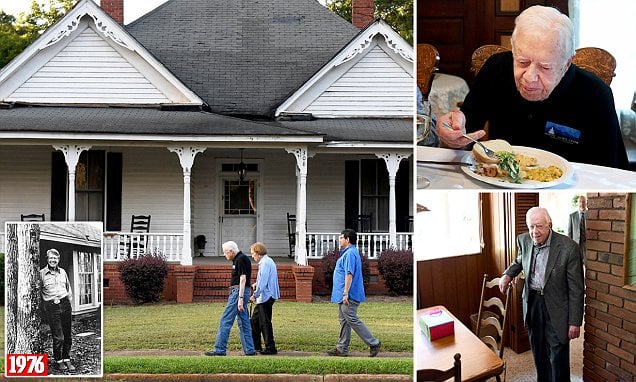James Earl Carter Jr.: A Humble Life Dedicated to Service
James Earl Carter Jr., born on October 1, 1924, in Plains, Georgia, had a remarkable journey that exemplifies humility and devotion to service. Despite coming from a successful business background, he chose a path of public service and demonstrated his commitment through various roles in the military, presidency, and post-presidential life.
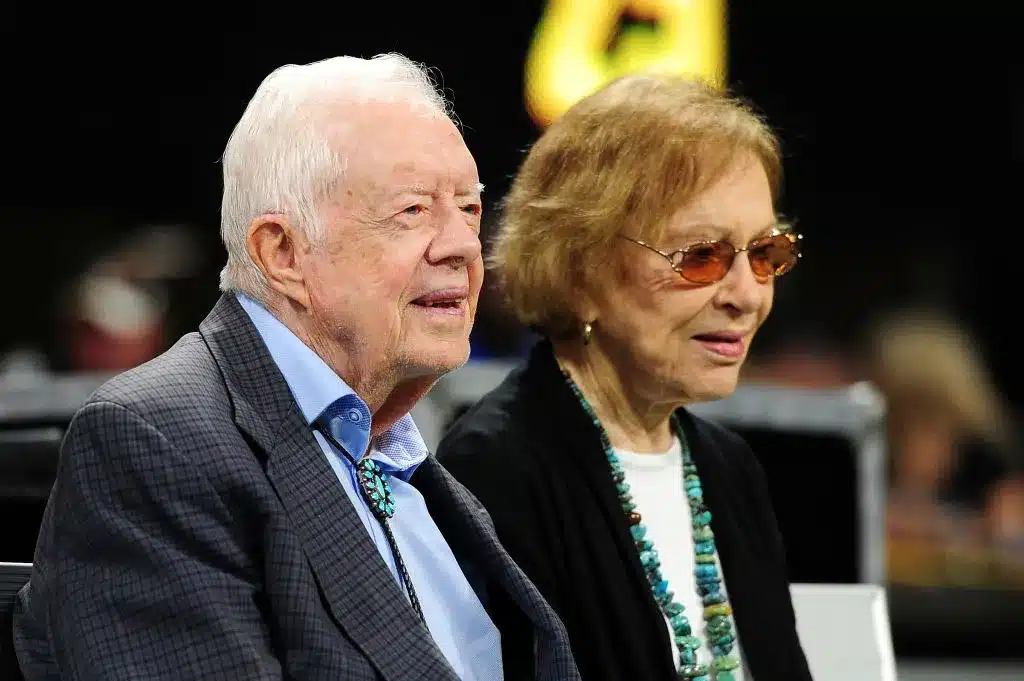
Early Life and Education
Born to James Earl Carter Sr., a prosperous businessman and investor, and Bessie Lilian, a nurse at the Wise Sanitarium, James Earl Carter Jr. grew up in Plains, Georgia. He attended a local high school from 1937 to 1941, setting the stage for his future endeavors.
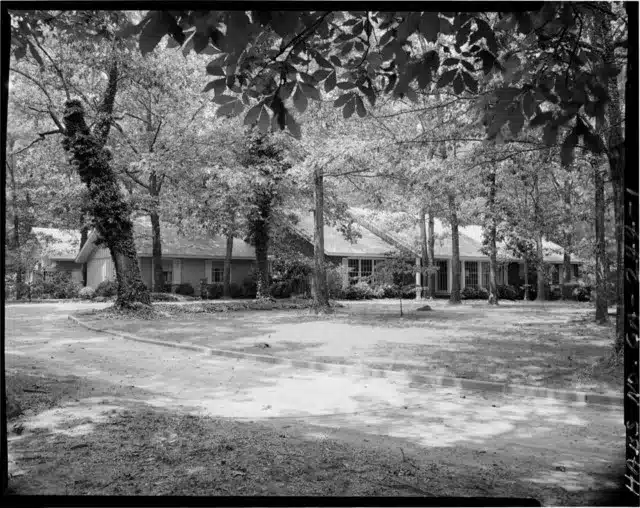
Military Service and Meeting Rosalynn
Driven by his desire to follow in his father’s footsteps, who served in the U.S. Army Quartermaster Corps during World War I, Carter enrolled in the Naval Academy in 1943. It was during this time that he met his future wife, Rosalynn, through his sister Ruth. Reflecting on their relationship, Carter expressed his compatibility with Rosalynn in the book What Makes a Marriage Last by Phil Donahue and Marlo Thomas.
Marriage and Family Life
After graduating from the Naval Academy, Carter and Rosalynn tied the knot in 1946. Following his retirement from the Navy, Carter focused on his family and the family business. In 1961, he built a ranch-style house for his wife and four children, providing them with a much-needed home. Notably, this house also became his residence after leaving the White House, as Carter chose to return to his roots instead of capitalizing on his presidential status for financial gain.
A Humble Approach to Post-Presidential Life
Unlike many of his predecessors and successors, Carter did not seek to capitalize financially on his post-presidential popularity. He recognized that wealth was not his ambition, stating, “I don’t see anything wrong with it; I don’t blame other people for doing it. It just never had been my ambition to be rich.” Even after selling off his peanut business to alleviate debt, Carter lived a comfortable life, ensuring the well-being of his family through his $217,000 annual pension.
Frugal and Modest Lifestyle
Carter’s commitment to simplicity and frugality extended beyond his financial choices. Despite being a former president, he remained grounded and relatable to the common person. He was often seen shopping for clothes at the local Dollar General and choosing commercial flights over private ones when traveling.
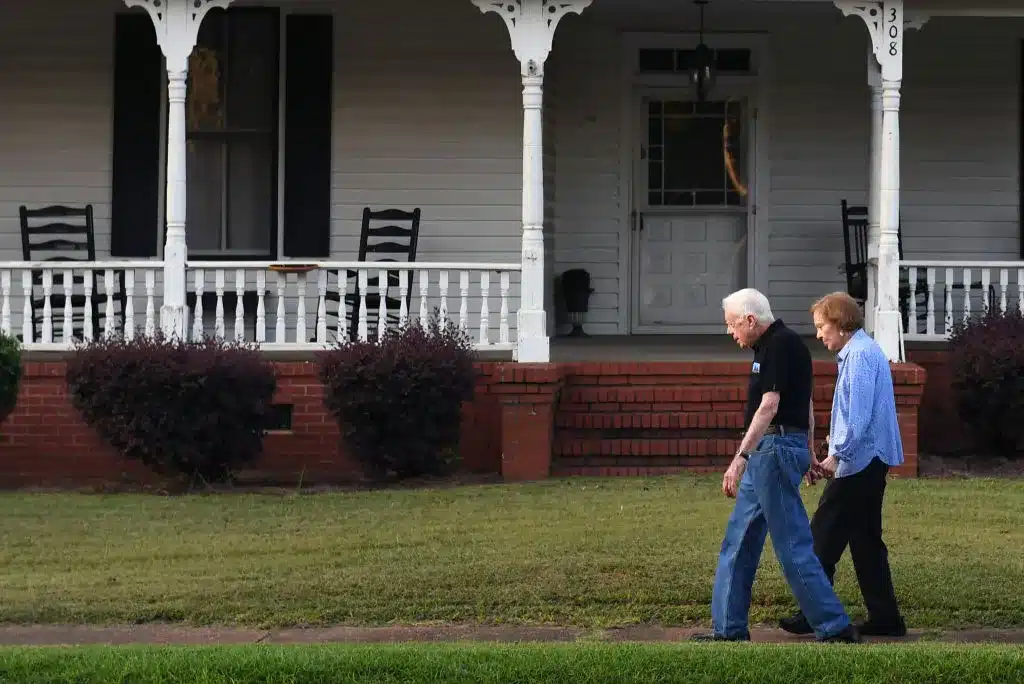
Continued Dedication to Service and Work Ethic
Even after leaving the White House, Carter continued his dedication to service. He began teaching at Emory University and actively participated in a Baptist Sunday School. Garth Brooks, describing Carter’s work ethic, stated, “He’s going to outwork you every time he comes on the job site.” Carter’s commitment to making a positive impact remained unwavering throughout his life.
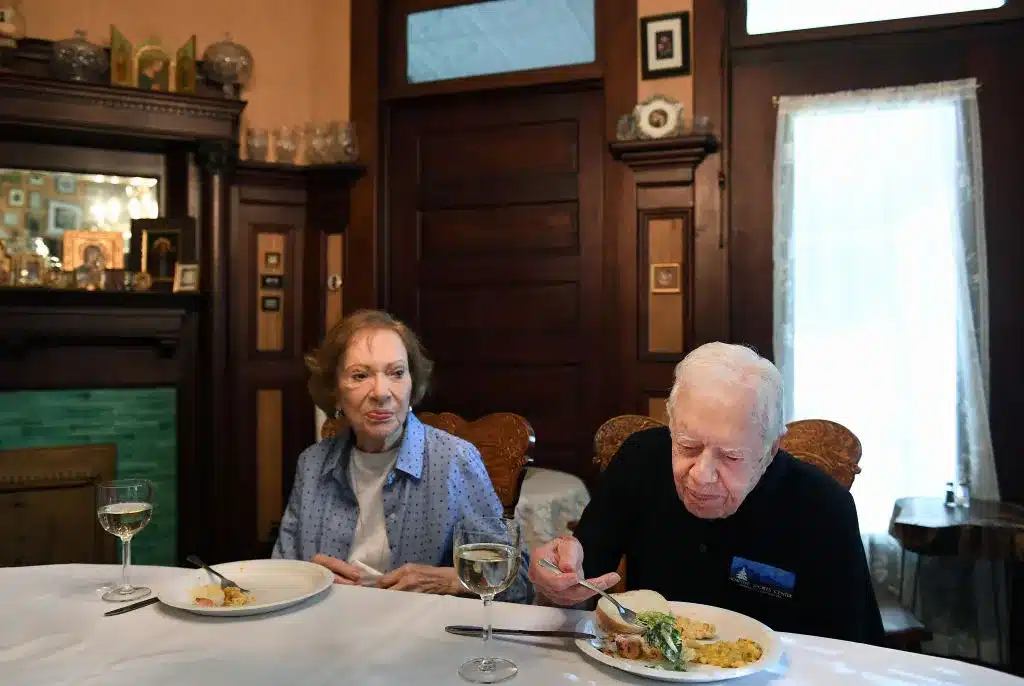
James Earl Carter Jr.’s life story is a testament to humility, service, and a steadfast commitment to core values. From his early years to his post-presidential life, Carter exemplified modesty and prioritized the well-being of others over personal gain. His legacy serves as an inspiration for future generations, reminding us of the power of humility and selflessness in shaping a meaningful life.
